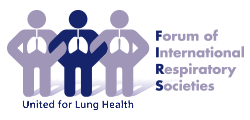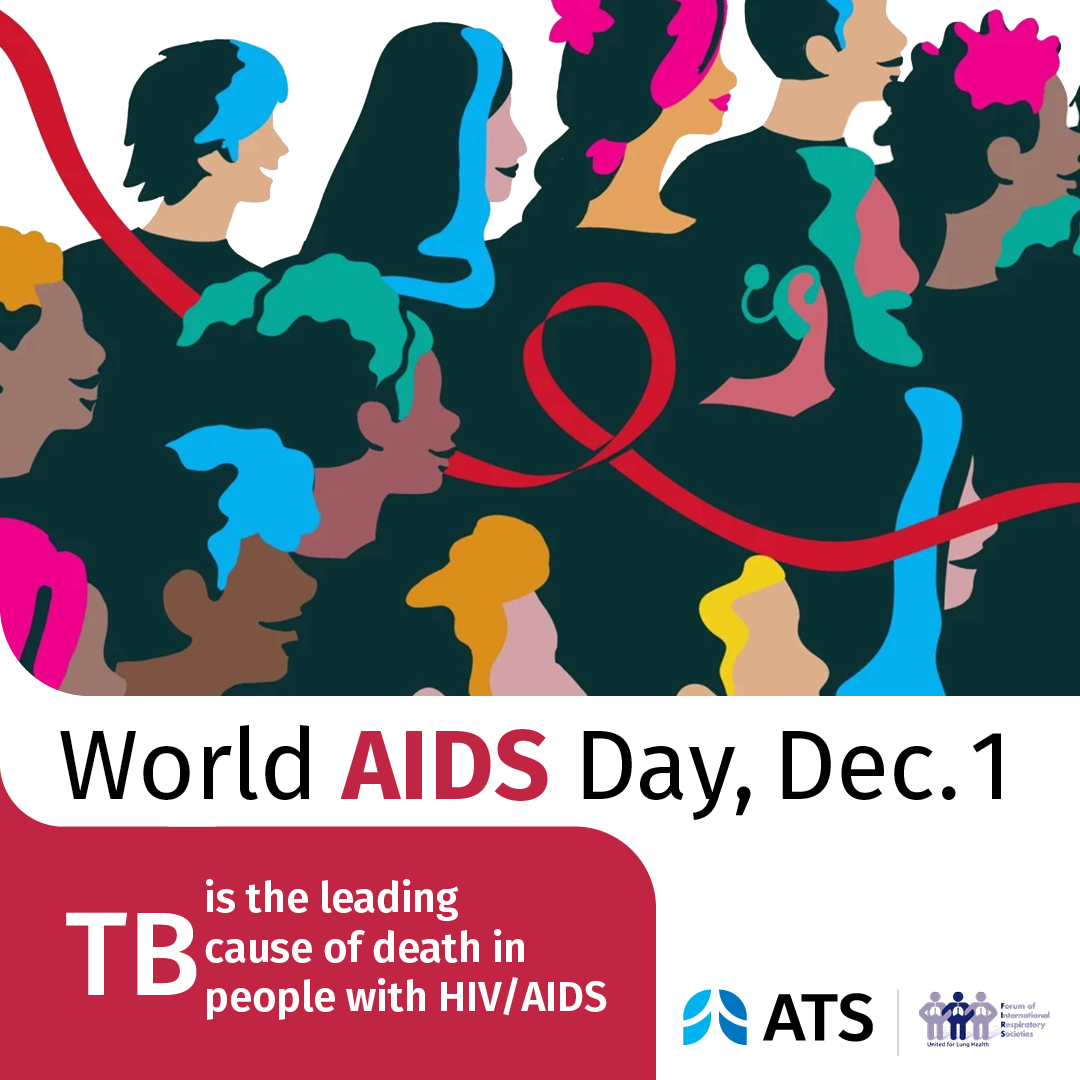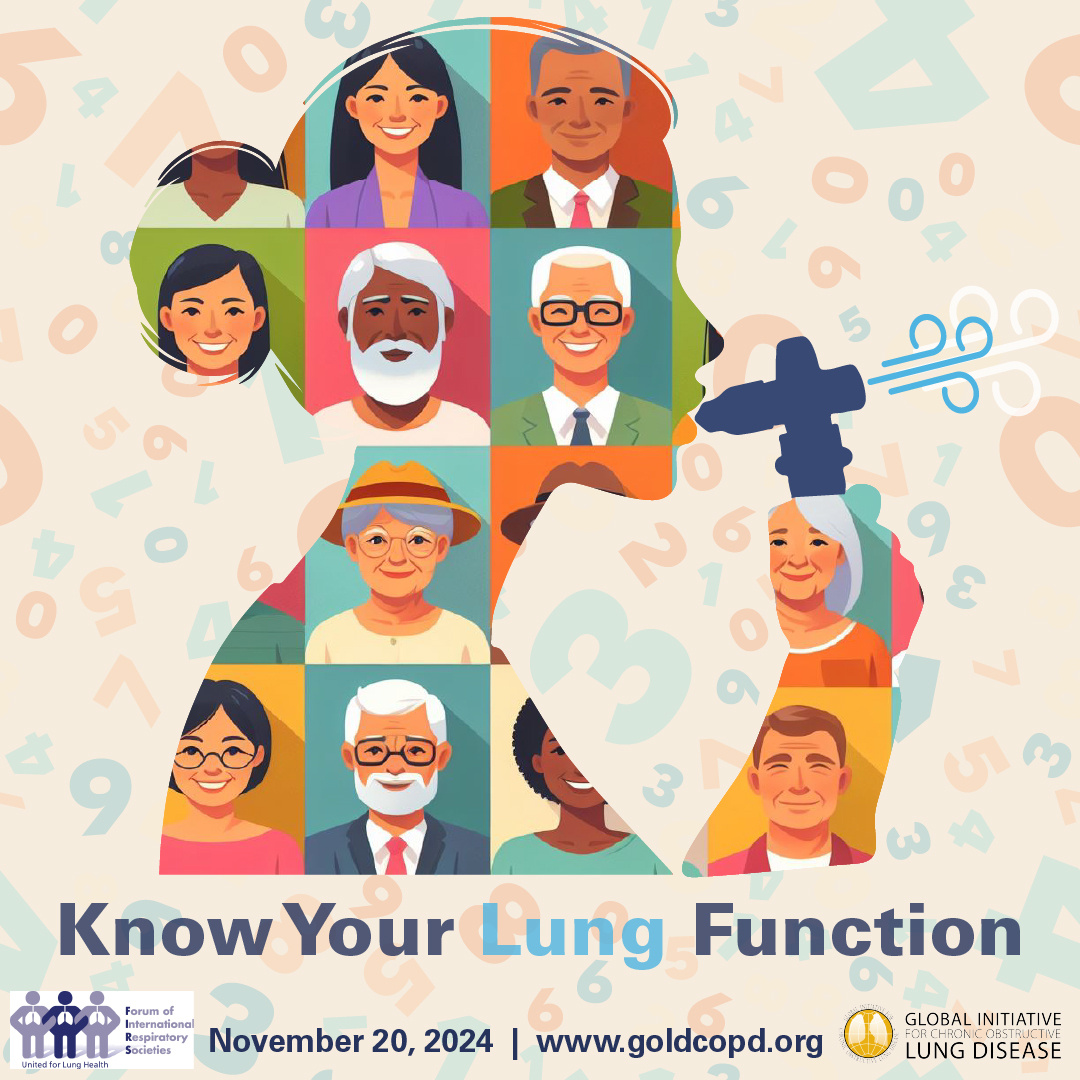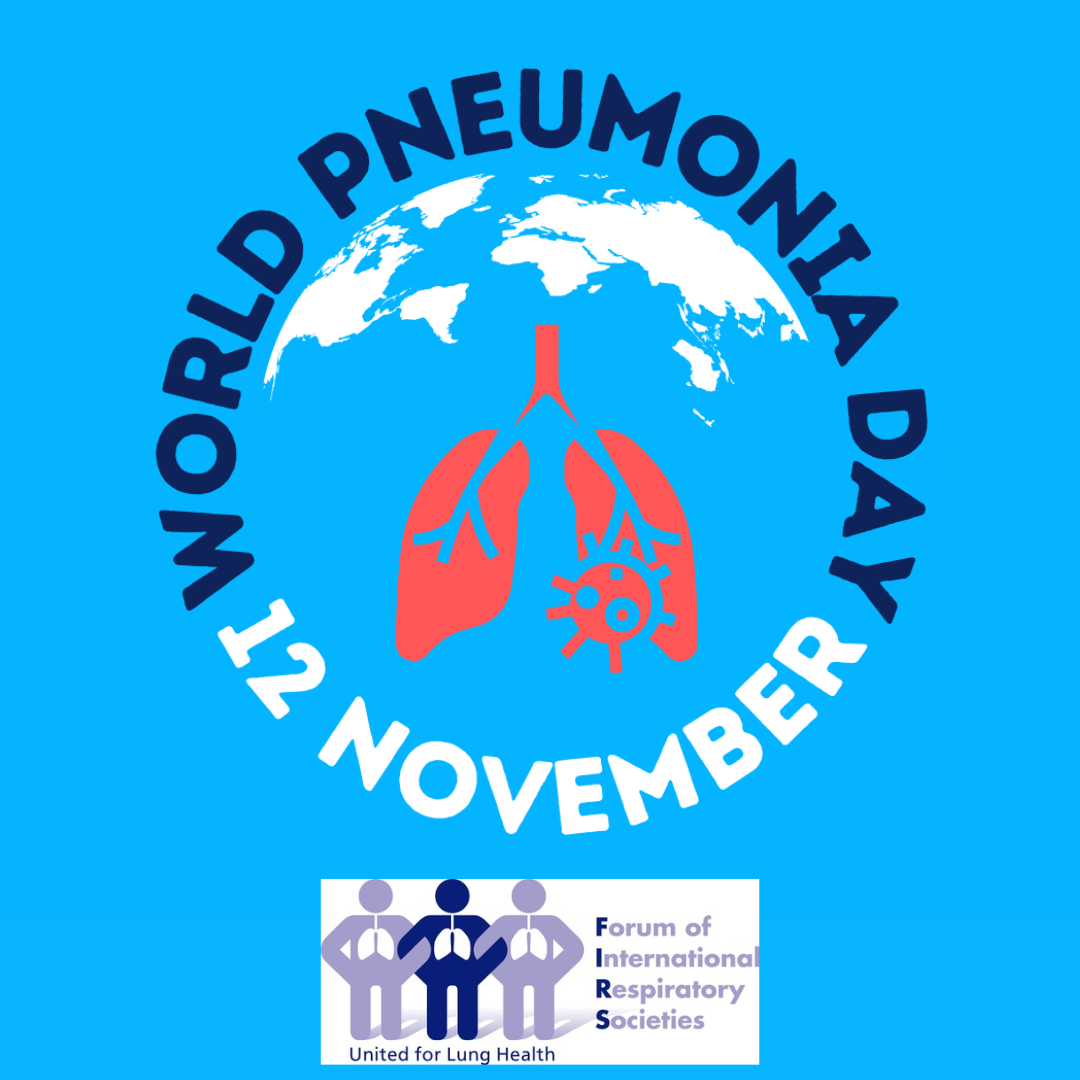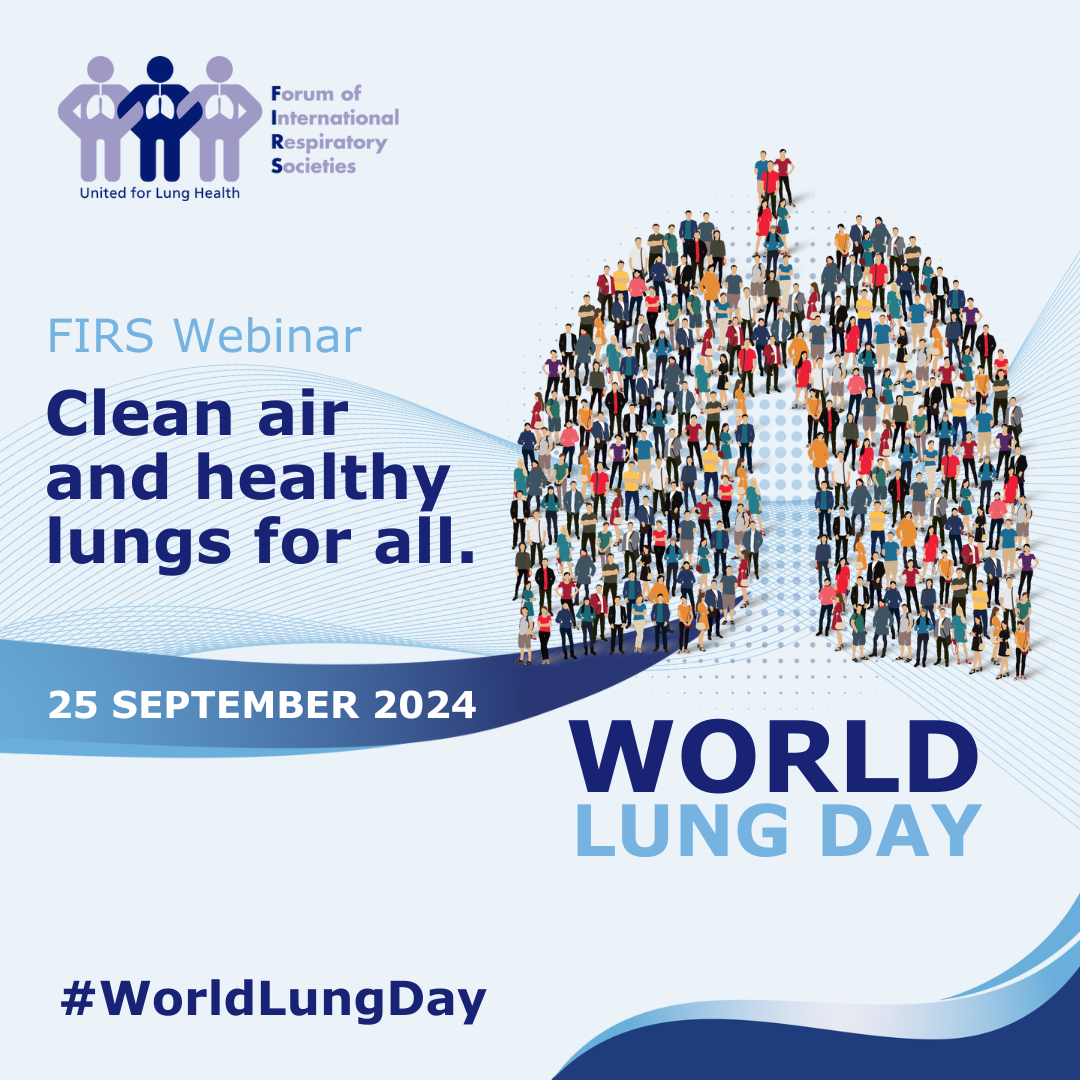A new report launched today calls policy-makers and political leaders to urgently implement cost-effective actions to achieve quick results for cleaner air.
Air pollution is a public health emergency, not only in Delhi, India but for 90 percent of us worldwide who live in areas of dangerous air pollution, which breach the World Health Organisation’s air quality guidelines. Measures to tackle air pollution deliver rapid results for health as well as co-benefits for the climate.
The report “Clean Air Now”, co-authored by the Forum of International Respiratory Societies (FIRS) and the NCD Alliance (NCDA), is released today to coincide with the United Nations Climate Change Conference (COP25) taking place in Madrid (Spain) from 2nd-13th December 2019.
The report includes examples from every continent of measures taken to rapidly reduce air pollution, including in Olympic host cities, and shows how quickly benefits are realised for health. After the introduction of clean air measures, significant health benefits can be observed within just a few weeks, for example in reduced hospital admissions. Over the longer term, benefits of clear air measures include significant increased life expectancy, fewer premature births, fewer heart attacks, strokes, respiratory diseases and early deaths.
“We knew that controlling air pollution would result in better health, but the promptness of major benefits was surprising,” said Dean Schraufnagel, Executive Director of FIRS and lead author of the paper.
Nina Renshaw, Director of Policy and Advocacy at NCD Alliance added: “Governments everywhere should roll out clean air policies urgently to tackle this global health emergency. Measures to tackle pollution pay for themselves many times over, in terms of lives saved and reduced costs for our health services, and are also measures to prevent climate breakdown and worsening health impacts of an overheating planet.”
Air pollution penetrates and affects nearly every organ in the body, as well as our mental health and wellbeing. It is a leading risk factor for non-communicable diseases (NCDs) such as stroke, heart disease, lung cancer and respiratory diseases. The World Health Organization (WHO) estimates that over seven million people die prematurely every year from exposure to polluted air. Most air pollution, and the associated health impacts and premature deaths, are preventable.
The report makes a series of recommendations, including:
- Adopt and strictly enforce emission standards for all pollutants in all relevant sectors, including industry, energy, transport, waste and agriculture.
- Include air quality measures in urban, rural and transport planning at city, regional and national level, including measures to encourage modal shift and active mobility, noting the additional benefits to health and wellbeing, the curbing of climate change, and the reduction of health inequalities.
- Rapidly phase our health-harmful subsidies for fossil fuels and polluting industries and introduce penalties for polluters and/or taxes on pollution.
- Redirect investment to health-promoting, accessible alternatives including clean transport and renewable energy, and towards the provision of universal health coverage.
- Improve housing conditions and ensure access to clean energy sources for indoor cooking, heating and lighting.
Download the report in English.
Download the report in Spanish.
Read the "The Health Benefits of Air Pollution Reduction" study.
Contact for media This email address is being protected from spambots. You need JavaScript enabled to view it.
About the Forum of International Respiratory Societies (FIRS)
The Forum of International Respiratory Societies (FIRS) is an organisation comprised of the world's leading international respiratory societies working together to improve lung health globally: American College of Chest Physicians (CHEST), American Thoracic Society (ATS), Asian Pacific Society of Respirology (APSR), Asociación Latino Americana De Tórax (ALAT), European Respiratory Society (ERS), International Union Against Tuberculosis and Lung Diseases (The Union), Pan African Thoracic Society (PATS), Global Initiative for Asthma (GINA), and the Global Initiative for Chronic Obstructive Lung Disease (GOLD).
The goal of FIRS is to unify and enhance efforts to improve lung health through the combined work of its more than 70,000 members globally.
